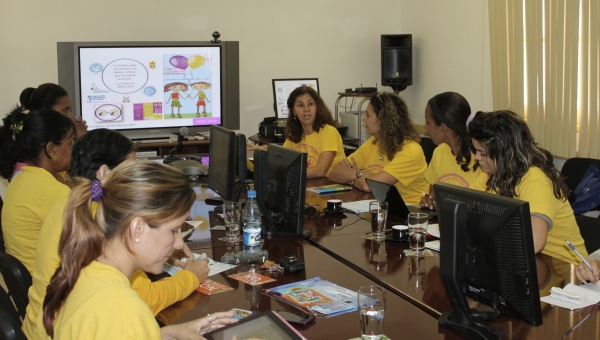Glasses to perceive gender roles: Play and teach Health in School
In 2013 the National School of Public Health of Cuba brought an action research focused on gender as one of the social determinants of health. They focused their work on children between 7 and 11 years in 3rd to 6th grade. The aim of the study was not to impose default approaches in infants, but show information to understand that the focus on gender is a social construction that is manifested in the daily processes and that they can choose their own perspectives. The foundation of the work was based in interagency and interdisciplinary cooperation and it sought to become part of the everyday context of the children, by adding teachers and families to the " gender glasses " strategy. The experience has traveled to countries like Chile, Mexico, and Panama, who have been inspired to achieve the same results.
Meets the criteria established under Health in All Policies:
- Political commitment. There is no information to indicate whether it has political commitment at the executive or legislative level.
- Structure. It does not have its own structure , it adds its contribution to the school dynamics and it becomes part of it.
- Participation of other sectors. It involves actors from different institutions and disciplines. The process has been led by the National School of Public Health ( ENSAP ) , and developed in partnership with the Faculty of Social Communication at the University of Havana, Pioneers Organization , the Gender and Collective Health Network GSC, and Nursing and Digital Health Network ENSI, the education sector represented in schools where the work is performed , and the Pan American Health Organization PAHO / WHO . The group had the participation of professionals of psychology, education, communication, music, and nursing, in addition to boys, girls, and their families.
- Budget. The project funding comes from the national budget and from PAHO / WHO.
- Focus on reducing inequality. The program works on gender which is a social determinant of health, by generating an understanding of how gender is socially constructed in girls , boys, teachers and families. It seeks to empower these individuals and their communities with concrete actions, seeking gender equality.
- Intersectorial action. The program has contributed to intersectoral work between primary education, higher education, social marketing and health.
- Evidence of results. The scientific evidence permitted formulating the project, building a methodology and prove its effectiveness. The results have been reported in five scientific articles, in a Manual of Good Practices and in scientific events including 14 at the international level and 3 at the national level, among others.
- Social Participation. Social participation was achieved with the inclusion of families in the educational process.

